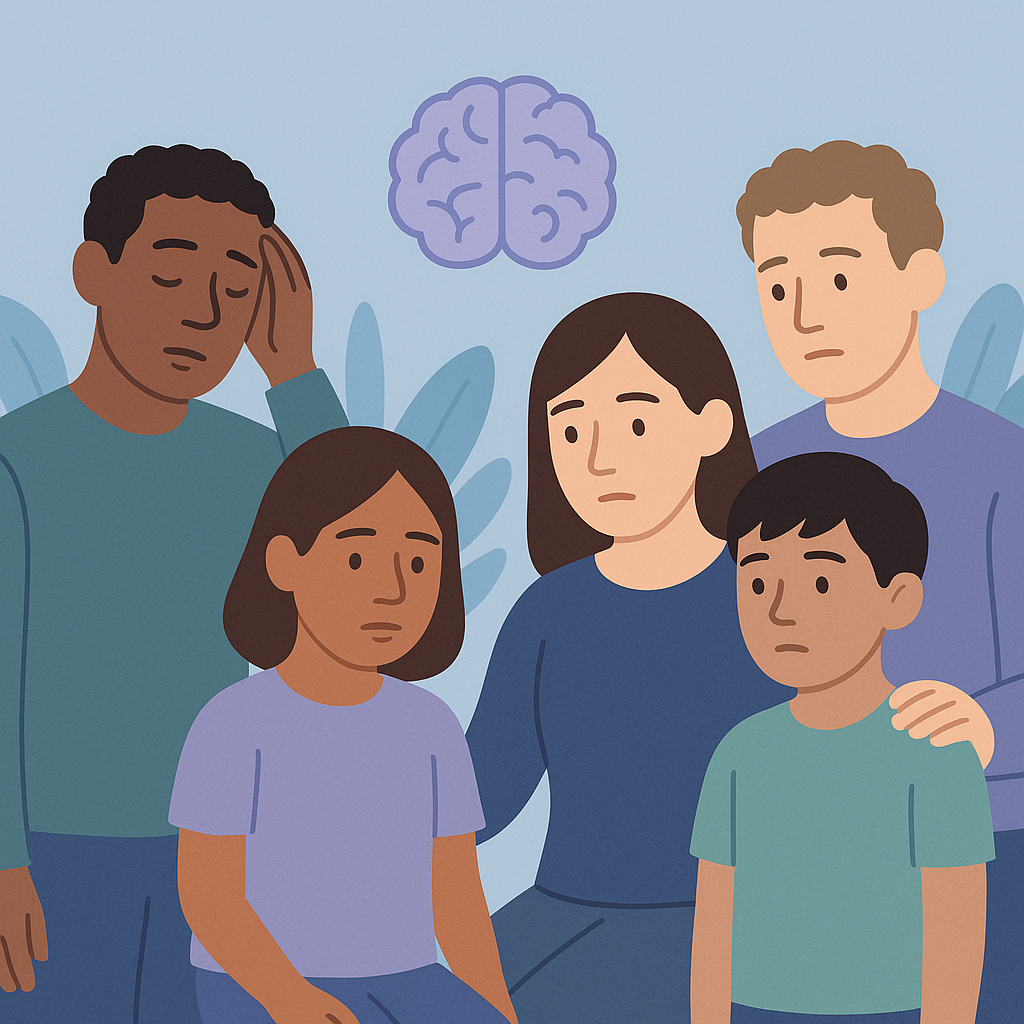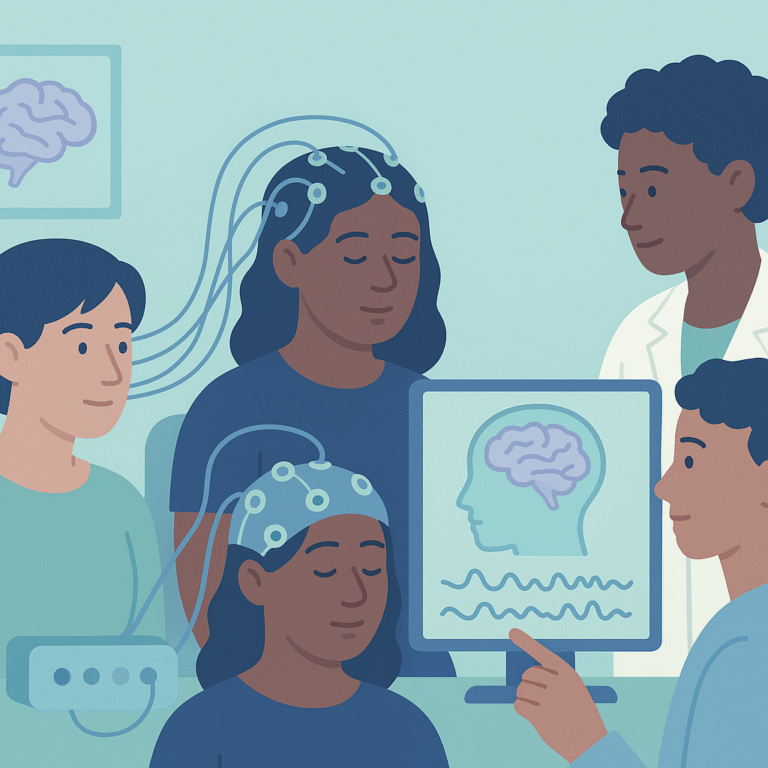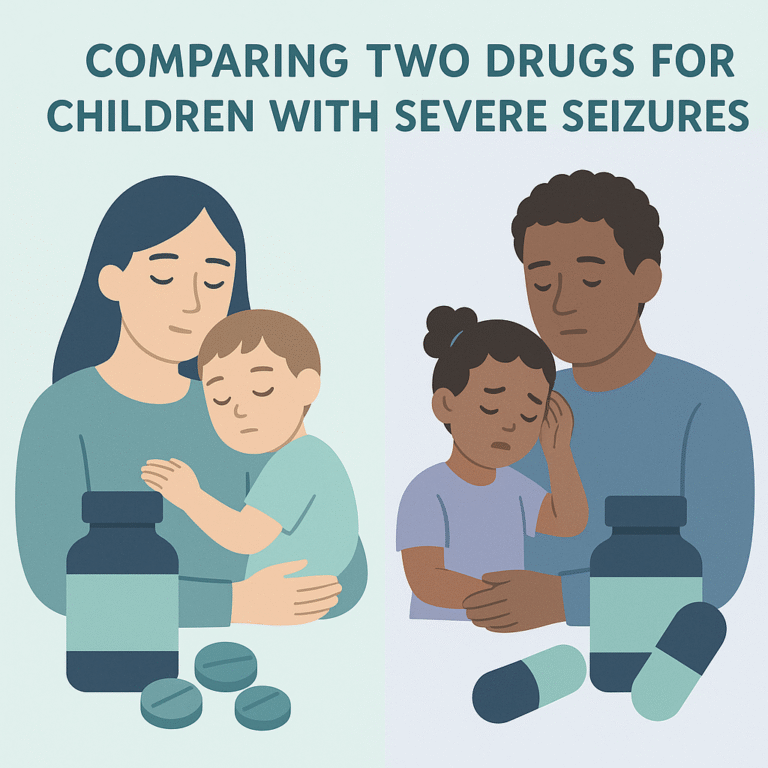Parent Stress in Kids with Epilepsy: Key Factors to Know
Summary
Researchers studied how neurocognitive issues, behavior problems, and the treatment process affect stress levels in parents of children with epilepsy. The study involved parents of children diagnosed with epilepsy, focusing on their experiences and challenges. By examining these factors, the researchers aimed to understand what contributes most to parental stress.
The main finding of the study showed that parents of children with epilepsy experience significant stress, which is closely linked to their child's cognitive abilities, behavior, and the demands of managing treatment. Specifically, higher levels of neurocognitive difficulties and behavioral issues in children were associated with increased stress in parents. This suggests that when children face more challenges, their parents may feel more overwhelmed.
This research is important because it highlights the need for support for parents of children with epilepsy, as their stress can impact the entire family. However, it is essential to note that this study is observational and may not apply to all families. The findings are based on a specific group of parents and may not capture the full range of experiences in the broader population.
Related reading
- Correction Made to Figure in Migraine Treatment Study
- Genetic Mutations Linked to Drug Resistance in Pediatric Epilepsy
- Smartphone Tools Help Diagnose Epileptic Seizures
- Correction on USP25 Variants and Genetic Epilepsy
- Understanding Cognitive Challenges in Children with Epilepsy Surgery
- Secure Video Sharing Tool Helps Diagnose Pediatric Epilepsy
Free: Seizure First Aid Quick Guide (PDF)
Plus one plain-language weekly digest of new epilepsy research.
Unsubscribe anytime. No medical advice.





